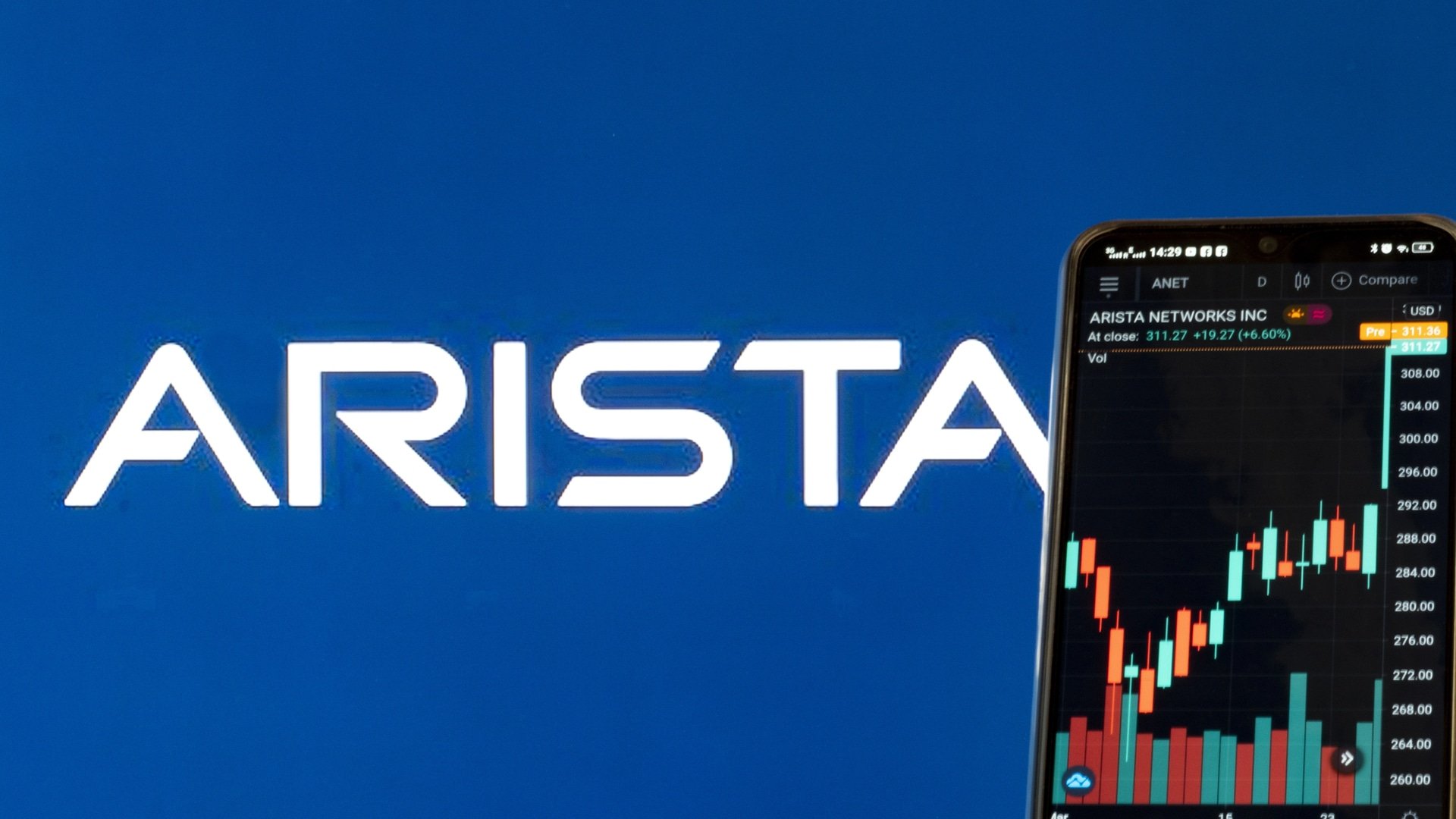A new report from global CX solutions provider Talkdesk identifies artificial intelligence (AI) as a key area of opportunity for retailers to elevate CX, but adoption of AI in contact centers remains low and is cause for concern.
In its latest report, Powering retail growth: The next generation of contact centers, San Francisco-based Talkdesk said that only 30% of retail contact centers use AI tools at scale to deliver the personalized experiences expected by customers. Such tools include intelligent knowledge bases, virtual agents, and chatbots.
“CX professionals in retail understand that today’s customers expect highly personalized interactions whenever, and however, they may engage with a brand. They also understand that the AI tools required to meet and exceed those evolving preferences are available, yet most haven’t implemented them at the necessary scale,” said David Gardner, vice president of research and insights at Talkdesk. “This disconnect shows how critical AI can be as an investment for contact centers.”
The research, Gardner added, indicates that CX leaders must find a way that leverages AI at scale but still keep costs in check, as the industry maps out the future of the contact center.
Agents, meanwhile, are increasingly important to business outcomes, and retailers should help enable agents to rise to their potential as stewards of customer relationships by investing in new contact center capabilities, such as AI, as well as by deploying contact center technologies, including digital channels, speech analytics, and AI-enabled next-best-action tools.
“The key to unlocking the potential of agents in the new ‘agent+AI’ paradigm will ultimately be the level of support from executive leadership,” said Shannon Colquhoun, vice president of industry strategy, retail and e-commerce at Talkdesk. “The entire organization should align around the role contact centers play in business growth, with investments in technologies like AI, taking into account the input from agents who are in direct connection with customers and understand their needs. This healthy paradigm can elevate contact center technologies as drivers of better outcomes from the agents, customers, and the entire business.”
The Talkdesk Research report was the result of an online survey conducted in June 2021 among qualified retail CX professionals across different global markets, including the United States, Canada, Australia, Singapore, New Zealand, France, Germany, Spain, Italy, the UK, and Brazil. A total of 200 survey respondents were involved in the research, consisting of CX professionals representing retail and ecommerce companies with more than 200 full-time employees. The CX professionals surveyed included CX leaders and managers, as well as those serving CX operations, contact center, and IT, as well as contact center agents. Talkdesk is a provider of cloud-based customer service software. The company recently closed Series D funding, which pushed its valuation to more than $10 billion, placing it among the most highly valued firms in the enterprise software space.
Author Information
Alex is responsible for writing about trends and changes that are impacting the customer experience market. He had served as Principal Editor at Village Intelligence, a Los Angeles-based consultancy on technology impacting healthcare and healthcare-related industries. Alex was also Associate Director for Content Management at Omdia and Informa Tech, where he produced white papers, executive summaries, market insights, blogs, and other key content assets. His areas of coverage spanned the sectors grouped under the technology vertical, including semiconductors, smart technologies, enterprise & IT, media, displays, mobile, power, healthcare, China research, industrial and IoT, automotive, and transformative technologies.
At IHS Markit, he was Managing Editor of the company’s flagship IHS Quarterly, covering aerospace & defense, economics & country risk, chemicals, oil & gas, and other IHS verticals. He was Principal Editor of analyst output at iSuppli Corp. and Managing Editor of Market Watch, a fortnightly newsletter highlighting significant analyst report findings for pitching to the media. He started his career in writing as an Editor-Reporter for The Associated Press.








